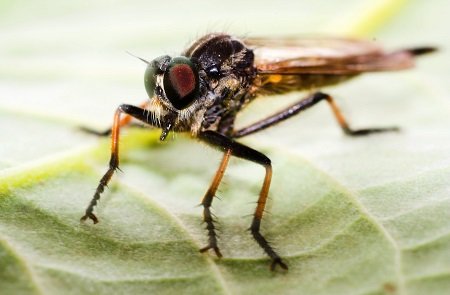Infectious Disease
Outcomes
A student:
- Develops and evaluates questions and hypotheses for scientific investigation BIO11/12-1
- Designs and evaluates investigations in order to obtain primary and secondary data and information BIO11/12-2
- Conducts investigations to collect valid and reliable primary and secondary data and information BIO11/12-3
- Selects and processes appropriate qualitative and quantitative data and information using a range of appropriate media BIO11/12-4
- Analyses infectious disease in terms of cause, transmission, management and the organism’s response, including the human immune system BIO12-14
Content Focus
This module examines the treatment, prevention and control of infectious disease both locally and globally. It includes study of the human immune system and its response to an infectious disease.
The value of studying infectious disease and its causes and effects is highlighted by the cost to humans in terms of losses in productivity and production and the impact on overall health. The module also considers medical and agricultural applications that draw on the work of a variety of scientists.
Working Scientifically
In this module, students focus on developing and evaluating questions and hypotheses when planning and conducting investigations to analyse trends, patterns and relationships in data about infectious diseases. Students should be provided with opportunities to engage with all Working Scientifically skills throughout the course.
Extract from HSC Biology Stage 6 Syllabus. © 2017 Board of Studies NSW.

Outcomes
A student:
› develops and evaluates questions and hypotheses for scientific investigation BIO11/12-1
› designs and evaluates investigations in order to obtain primary and secondary data and
information BIO11/12-2
› conducts investigations to collect valid and reliable primary and secondary data and information
BIO11/12-3
› selects and processes appropriate qualitative and quantitative data and information using a range
of appropriate media BIO11/12-4
› analyses infectious disease in terms of cause, transmission, management and the organism’s
response, including the human immune system BIO12-14
Content Focus
This module examines the treatment, prevention and control of infectious disease both locally and globally. It includes study of the human immune system and its response to an infectious disease.
The value of studying infectious disease and its causes and effects is highlighted by the cost to humans in terms of losses in productivity and production and the impact on overall health. The module also considers medical and agricultural applications that draw on the work of a variety of scientists.
Working Scientifically
In this module, students focus on developing and evaluating questions and hypotheses when planning and conducting investigations to analyse trends, patterns and relationships in data about infectious diseases. Students should be provided with opportunities to engage with all Working Scientifically skills throughout the course.
Extract from HSC Biology Stage 6 Syllabus. © 2017 Board of Studies NSW.
